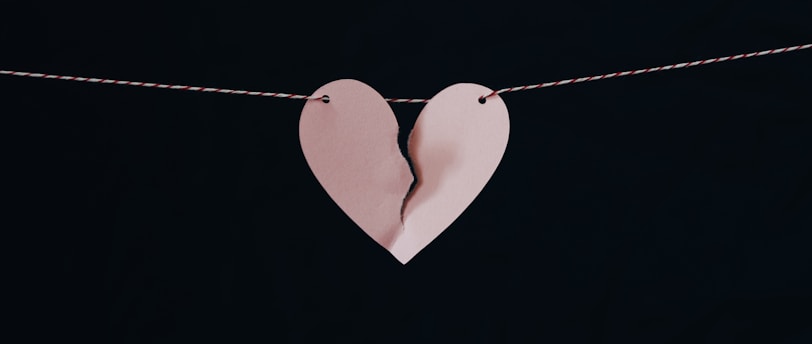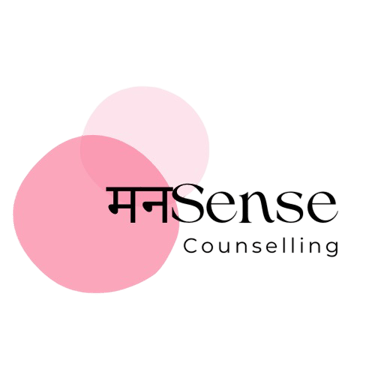How To Deal With Toxic People Without Entirely Cutting Them Off
5 ways to deal with toxic people · Pause before labelling · Name the impact, not the identity · Get curious about your own responses · Set boundaries without ultimatums · Decide whether you want to repair or leave
RELATIONSHIPS & EMOTIONAL INTELLIGENCEMENTAL HEALTH & HEALINGSELF GROWTH
Kashmira
5/15/20253 min read



Feeling drained by someone’s words, confused by their behavior, wondering if we’re asking for too much or not setting enough boundaries. We’ve all been there. In those moments, it’s easy to think, They’re so toxic. I’m so done with them. And sometimes, deciding to break it off is wise. But often, it’s emotional fatigue that makes us take that call. In a world where we’ve become skilled at spotting red flags (gaslighting, stonewalling and all those terms floating on social media), we’re still clueless about what to do once we see them. It’s not always about cutting people off. It shouldn't always be about cutting people off. At least, not as a default setting. Sometimes, it’s about understanding what’s repairable and what’s not. It’s about choosing peace without shutting down connection altogether.
Here are 5 gentle, grounded ways to deal with “toxic people” without ghosting every hard relationship or abandoning yourself in the process.
1. Pause Before Labeling
Not everyone who hurts you is toxic. Sometimes they’re overwhelmed, hurting, or lacking emotional tools. Before jumping to labels like "toxic" or "narcissist," ask:
Is this a repeated pattern with no accountability?
Do they usually care about how I feel?
Have they ever apologized and tried to make things better?
Is this a one-time behavior from someone who’s usually kind?
Labels can create clarity, but they can also shut down empathy and reflection. Slowing down helps you respond thoughtfully instead of reactively.
2. Name The Impact, Not The Identity
Rather than calling someone toxic, focus on how their behavior affects you.
Say: When this happens, I feel hurt and disconnected. I want us to talk about it.
Avoid: You’re being so toxic. You always do this.
Speaking from your own experience invites dialogue instead of defensiveness.
3. Get Curious About Your Own Responses
How do you react when things get tense?
Do you shut down?
Over-explain?
Try to keep the peace at any cost?
You’re not responsible for someone else’s behavior. But understanding your own patterns can give you clarity and choice in how you handle things.
4. Set Boundaries Without Ultimatums
Boundaries are not punishments. They’re ways to care for yourself while staying connected to someone.
Try: I want to talk it out, but I need to do it when we’re both calm.
Or: If this keeps happening, I’ll need to step back so that I don’t lose my mind.
Good boundaries protect your nervous system and make space for mutual respect.
5. Ask Yourself: Do I Want to Repair This, Or Leave It?
Either choice is okay. What matters is clarity.
Do you have the energy, safety, and willingness to work on this? Or is walking away the kindest option for both of you? Take some time to think about it.
Not every relationship is meant to be saved. But not every relationship is meant to be thrown away either.
The Truth About Toxicity
Sometimes, cutting people off is the healthiest move. Especially when there’s ongoing harm and no accountability. But there are times when that decision is made out of exhaustion from not knowing what to do.
The internet talks a lot about protecting yourself and protecting your peace. But not enough about relational repair. Or emotional skill-building. Or what it means to stay connected without risking your emotional safety.
The truth is that peace doesn’t always come from leaving. Sometimes, it comes from learning how to stay and connect differently.
It's Important To Learn Relational Skills
If you’re tired of cutting people off and constantly feeling lonely or stuck, or if you want to build healthier relationships without losing yourself in the process, let’s talk.
In therapy, we can explore:
how to spot patterns without judgment
how to communicate effectively without conflict
how to set boundaries that feel good
how to rebuild connection when it matters
You don’t have to navigate it alone. A lil bit of extra support works wonders.
